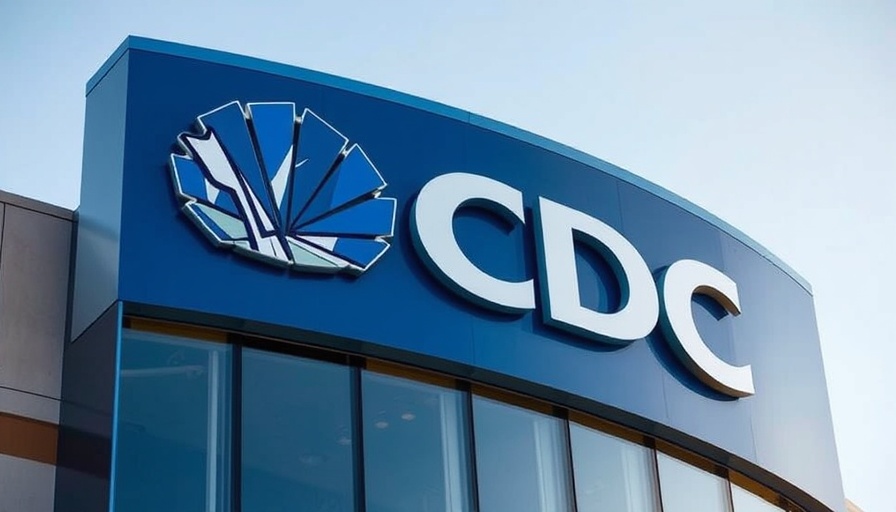
New Hope for Babies: FDA's Recent Approval of Enflonsia
Merck’s new monoclonal antibody, Enflonsia, specifically designed for infants, has recently gained FDA approval, marking a significant stride in the fight against respiratory syncytial virus (RSV). This development aims not only to alleviate the distress of families coping with this severe illness but also to alleviate some of the financial burdens on the healthcare system.
How Enflonsia Differentiates Itself
Enflonsia, priced at $556 per dose, matches its main competitor, Beyfortus. However, it offers a unique advantage: a single dosage for all infants, regardless of their weight. Merck's senior vice president, Paula Annunziato, shared that this simplification could ease administration concerns, which is especially beneficial for pediatricians who fear misdosing.
Potential Expansions and Future Research
While Enflonsia is currently approved only for infants undergoing their first RSV season, Merck is conducting ongoing studies to explore its effectiveness in high-risk infants during their second RSV season. The results may extend the drug’s usage significantly, providing broader protection for vulnerable children.
Implications for Families and Healthcare Systems
The advisory panel, while facing unexpected changes, is expected to provide insights into Enflonsia's usage recommendations later this month. As families prepare for the upcoming RSV season, Merck plans to start taking orders this July, ensuring that infants can access this crucial treatment promptly.
Conclusion: Why This Matters
The approval of Enflonsia is a beacon of hope for families worried about RSV. With easier dosing and the promise of reduced RSV-related hospital visits, this monoclonal antibody could change the landscape of infant healthcare dramatically.
 Add Row
Add Row  Add
Add 




 Add Row
Add Row  Add
Add 

Write A Comment